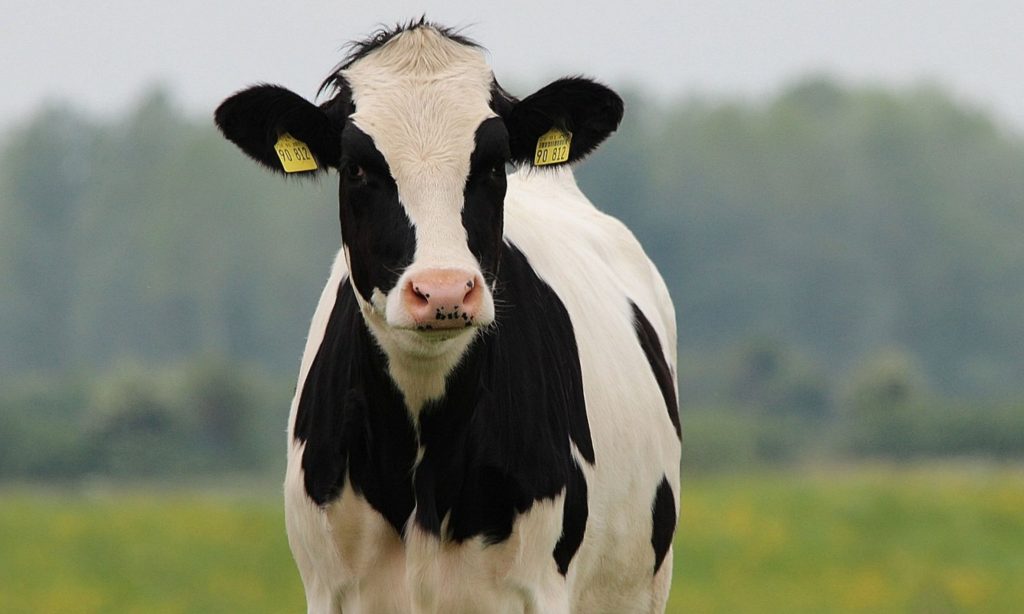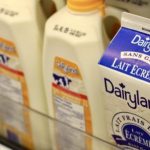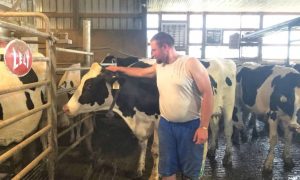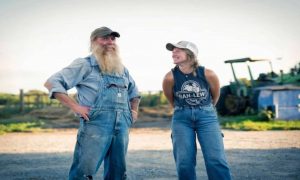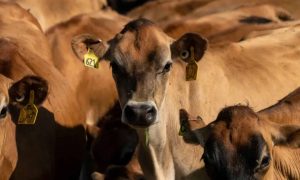“The smaller dairies like mine continue to go out because it’s a way of life that not a lot of people want to do, and so the scale gets bigger so there is scheduled days off,” Post said.
Zoelner has been selling his cows, but it’s not because he doesn’t want the lifestyle.
He says it’s not economical for him.
Zoelner markets his milk through AMPI, a Minnesota-based farmer-owned co-op that produces cheese, butter, and powdered products according to its website.
“Just the prices of everything have gone up so much…like the input costs have gone up substantially, hauling has gone up a lot, and the milk price has stayed the same or has gone down,” Zoelner said.
AMPI says hauling rates are set by private contractors and the coop is no longer subsidizing hauling fees.
That means it’s now up to individual farmers.
Zoelner hasn’t had any luck selling to a different processor.
“We try other companies, the ones in the area, and we’re either too far away from them or they just won’t pick us up,” Zoelner said.
Post says one of the challenges dairies are facing right now is a lack of processing in the area.
“We’ve got overproduction of milk. Our processing is full, and that creates problems as far as getting milk processed, leaving the farm and getting it processed,” Post said.
While the number of dairy farms is dwindling in the state, the number of cows has increased.
According to the USDA National Agricultural Statistics Service, there were an estimated 158,000 dairy cows in South Dakota in 1980.
By 2004, that number had dipped to about 79,000.
In January of this year, there were 187,000 dairy cows in the state.
That’s up over the 1980 figure.
“Larger operations is what’s happening and that’s the trend and that’s going to be the trend. I don’t see that changing at all and that’s the same is all production ag. Everything is larger. Fewer numbers, larger operations,” Post said.
The Zoelners have other ways of making a living, including crops, custom haying, and trucking.
“It’s just challenging that you have to go through other means to try to make money so you can milk. At the end of the day, sometimes enough is enough,” Zoelner said.
If you ask him what’s kept him hanging on this long, he’ll tell you it’s the love of the animals.
In early August Zoelner was milking about 50 cows, but he’s down to about 20.
He says they plan on keeping about 8 for their kids to show for 4-H.
